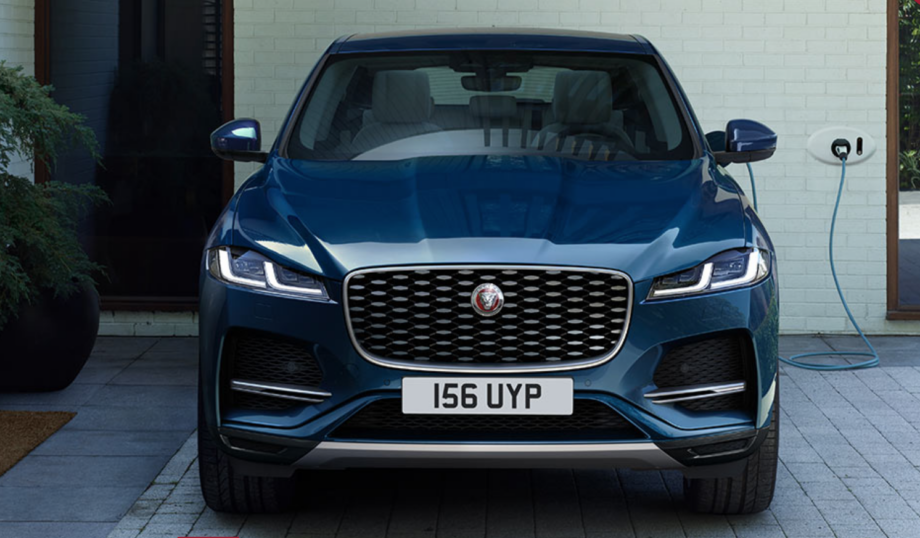Jaguar is going all-electric by 2025 in huge ‘reimagining’ of iconic British brand

Iconic British motoring firm Jaguar has announced plans to ‘reimagine’ the company with an all-electric fleet of cars by 2025.
In an announcement on the Jaguar Land Rover website, Jaguar says it will ‘undergo a renaissance as a pure electric luxury brand’ which will help the company ‘realise its unique potential.’
The news comes as somewhat of a surprise, but is indicative of the massive shift change currently happening in the auto industry, following the massive leaps forward from Tesla. The reimagining is part of Jaguar Land Rover’s efforts to achieve net zero carbon emissions by 2039.
“By the middle of the decade,” the company says, “Jaguar will have undergone a renaissance to emerge as a pure electric luxury brand with a dramatically beautiful new portfolio of emotionally engaging designs and pioneering next-generation technologies.”
Beyond the Jags, the company says over the next five years Land Rover will release six pure-electric models, including the popular Range Rover, Discovery and Defender ranges.
The firm adds: “In the next five years, Land Rover will welcome six pure electric variants as it continues to be the world leader of luxury SUVs through its three families of Range Rover, Discovery and Defender. The first all-electric variant will arrive in 2024.”
Thierry Bolloré, CEO, launches new Reimagine strategy.
See us reimagine the future of modern luxury. Over the next five years, @LandRover will welcome six all-electric variants and @Jaguar will undergo a renaissance as a pure electric luxury brand.https://t.co/EcJzaiSk9Y pic.twitter.com/Lp1DdKeuBB
— Jaguar Land Rover (@JLR_News) February 15, 2021
The decision from Jaguar Land Rover – a company that hasn’t necessarily prioritised the old ‘miles to the gallon’ equation in years past – suggests we’re at a point of no return now for the transition to electric cars.
With many countries, including the UK, placing a ban on new petrol and diesel powered vehicles by 2030, auto companies don’t have much choice, but to get ahead of the game with plug-in vehicles. We’d hope that the national and global charging infrastructure is a little farther along by the time that rolls around.
JLR adds: “Our aim is to achieve net zero carbon emissions across our supply chain, products and operations by 2039. As part of this ambition, we are also preparing for the expected adoption of clean fuel-cell power in line with a maturing of the hydrogen economy. Development is already underway with prototypes arriving on UK roads within the next 12 months as part of the long-term investment programme.”


